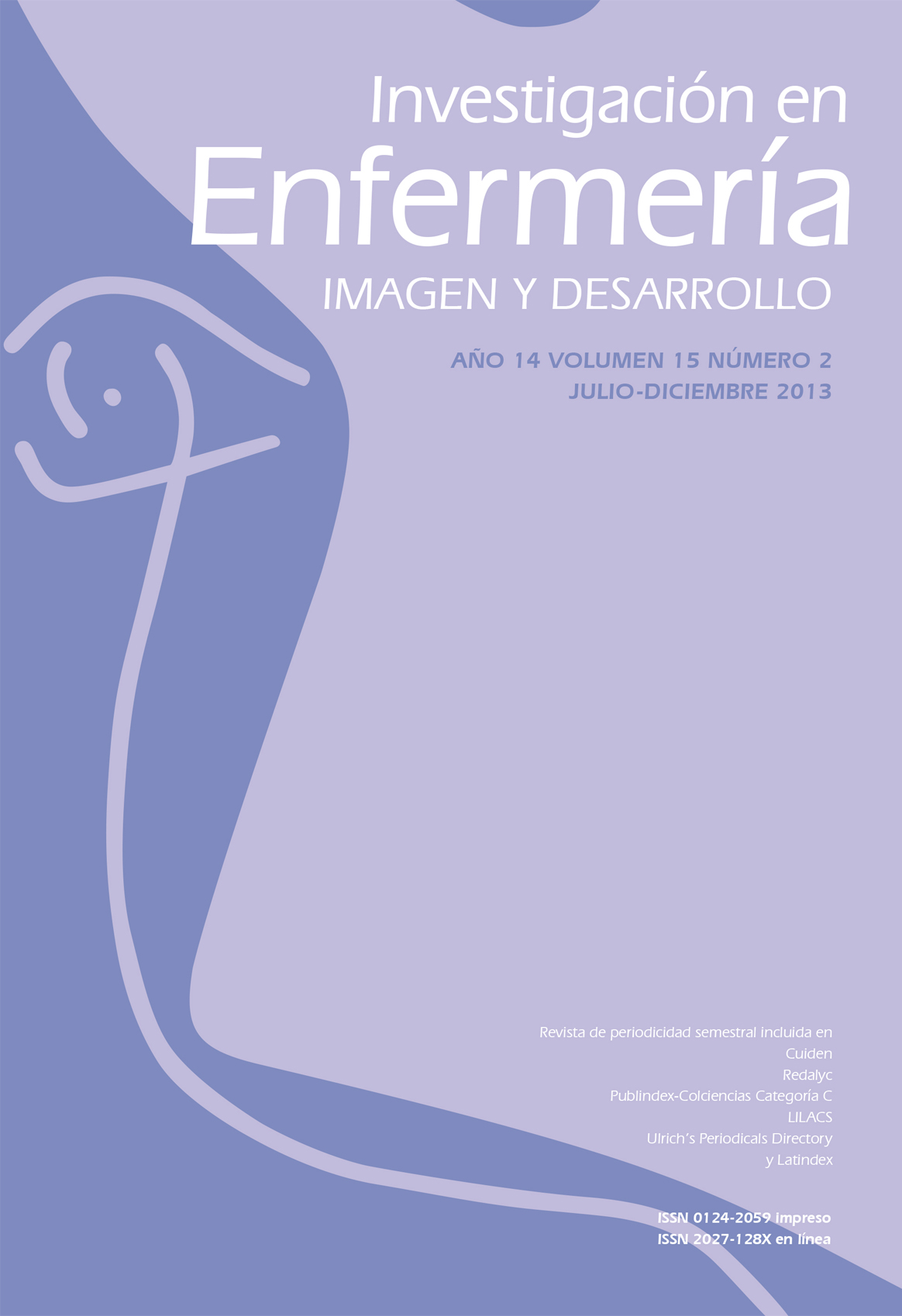Abstract
This work was performed at patient discharge time in an IPS in Medellin, Colombia. Objective: To understand the meaning for a group of patients and their families of the communicative strategies used by students when they give directions for nursing home care. Methodology: qualitative ethnographic study. It involved 100 hours of observation, at the time of discharge and 15 interviews with patients and families. The participants were guaranteed confidentiality in disclosure of data. Results: Students taught indications, through messages, demonstrations and written material, assuming that the patient is unaware of their health status. These messages can be forgotten, remembered or modified according to the meaning the patients give to them, either comprehensive or useful. Conclusions: Nursing students must learn communication skills that enable them to establish an effective helping relationship with the patient and his family.The journal Investigación en Enfermería: Imagen y Desarrollo is registered under a Creative Commons Attribution 4.0 International Public License. Thus, this work may be reproduced, distributed, and publicly shared in digital format, as long as the names of the authors and Pontificia Universidad Javeriana are acknowledged. Others are allowed to quote, adapt, transform, auto-archive, republish, and create based on this material, for any purpose (even commercial ones), provided the authorship is duly acknowledged, a link to the original work is provided, and it is specified if changes have been made. Pontificia Universidad Javeriana does not hold the rights of published works and the authors are solely responsible for the contents of their works; they keep the moral, intellectual, privacy, and publicity rights.
Approving the intervention of the work (review, copy-editing, translation, layout) and the following outreach, are granted through an use license and not through an assignment of rights. This means the journal and Pontificia Universidad Javeriana cannot be held responsible for any ethical malpractice by the authors. As a consequence of the protection granted by the use license, the journal is not required to publish recantations or modify information already published, unless the errata stems from the editorial management process. Publishing contents in this journal does not generate royalties for contributors.


